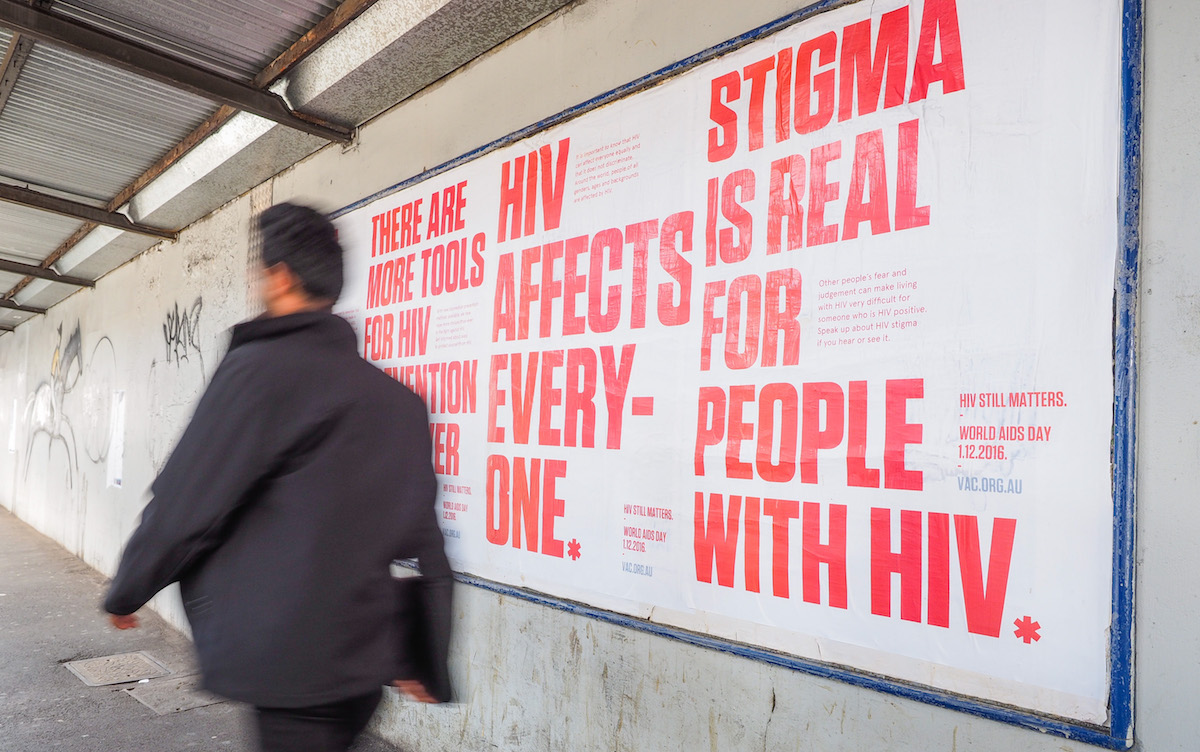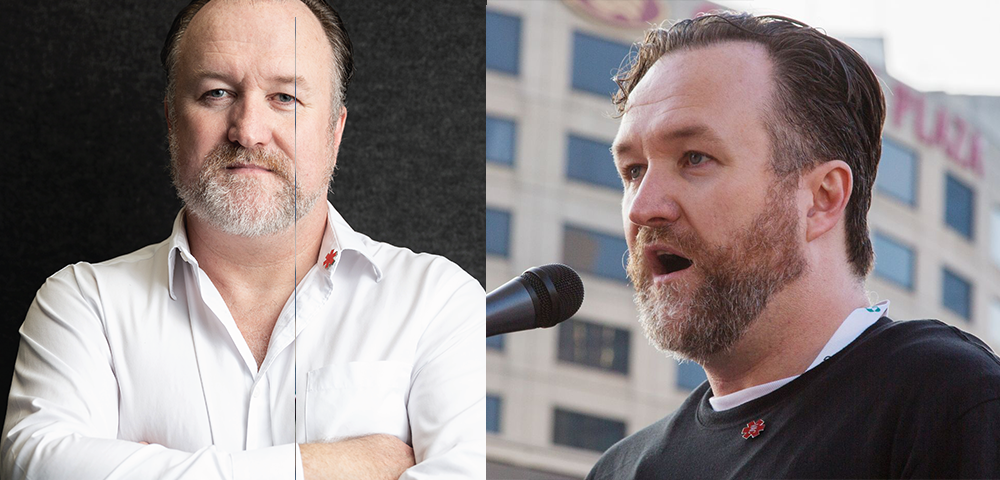
‘We have a real chance of ending HIV’: HIV Still Matters for Thorne Harbour Health

Thorne Harbour Health have revived their HIV Still Matters campaign in the lead up to World AIDS Day. Matthew Wade spoke with them to find out why the messages are more vital than ever.
* * *
In the lead up to World AIDS Day, Thorne Harbour Health will again run their HIV Still Matters campaign from last year, to ensure those in the broader population understand how the virus affects both them and those around them.
While HIV rates are at a historic low in Victoria – with a 22 per cent drop in new cases this year – the campaign is a stark reminder that HIV and AIDS are not over, and that people should educate themselves on the wealth of prevention tools available.
Online resources, outdoor signage, and cinema advertisements will help spread the message, and work to ensure Victorians are safe and smart when it comes to their sexual health.
Director of Health Promotion, Policy & Communications at Thorne Harbour Health, Colin Batrouney, says the central messages in the campaign are more relevant than ever.
He says men who have sex with men aren’t the only demographic at risk of contracting the virus, highlighting the 25 per cent of diagnoses in Australia last year that were heterosexual.
“I don’t believe LGBTI communities are complacent about HIV, and I don’t think they ever have been, but the strength of this campaign is in its reach to the general population,” he says.
“There are a lot of people out there that haven’t been as centrally concerned with the epidemic as we have, and they may think it’s all sorted.
“[The campaign] urges everyone to remain vigilant when it comes to safe sex practices, and to get tested regularly.
“HIV does still matter.”
The HIV Still Matters campaign will also address the omnipresent stigma still faced by people living with HIV, as a way to combat myths and encourage those afraid of the virus to still get tested and take preventative measures.
“It’s important that people understand the stigma and discrimination faced by HIV-positive people every day,” Batrouney says.
“We need to dismantle any fear or prejudice, it’s not good for anybody.
“We’re pointing out that people living with HIV are just like you and me – often people have a range of misconceptions but if they understand that we’re all the same, it will help.
“I think people have mostly become less fearful but they still need to understand that people living with the virus are human beings.”
Increased testing, condoms, undetectable viral loads (UVL), and pre-exposure prophylaxis are among the many ways HIV-positive and negative people alike can reduce the rate of new diagnoses.
PrEP, which was previously being accessed by more than 4,000 Victorians as part of a state government trial, was listed on the Pharmaceutical Benefits Scheme (PBS) earlier this year.
The $180 million dollar listing has granted up to 32,000 patients access to the HIV prevention drug at an affordable price.
However, Batrouney warns that PrEP only protects people from HIV, and not other STIs.
“Obviously condoms have been the cornerstone of HIV prevention for more than 35 years, so we can’t forget about those,” he says.
“But the most effective HIV prevention measure at the moment is people living with HIV who have an undetectable viral load (UVL).
“It’s been determined by scientific research that there is a zero per cent risk of transmitting the virus when a HIV-positive person has achieved a UVL… another reason why people should get tested more regularly.”
Batrouney says the HIV Still Matters campaign was received incredibly well last year, a testament to its simple yet effective messaging.
“For the first time in the history of the epidemic we have a very real and credible chance of ending HIV in this country,” he says.
“But the only way we can do that is if people are aware of HIV, and aware of their status.
“And if we get HIV-positive people on treatment and get them to undetectable levels, we’re protecting everyone from getting HIV in the future.”
The HIV Still Matters campaign will run in the lead up to World AIDS Day (December 1). For more information, visit: hivstillmatters.org









